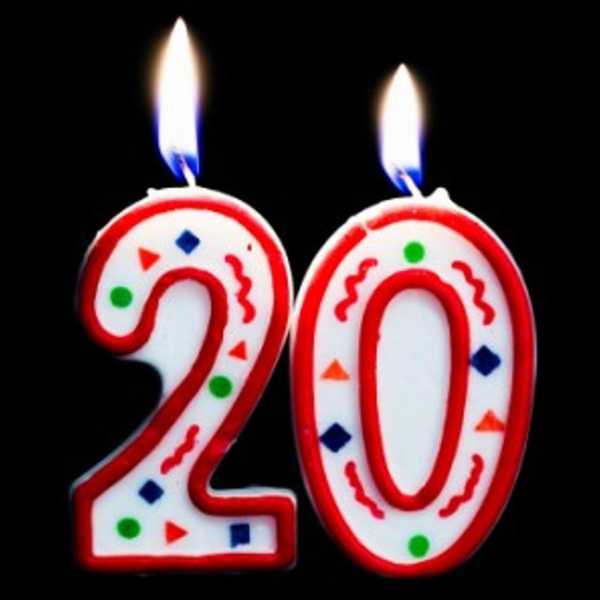Let's be real: We all know someone who gets cold sores. They're definitely more common than you think; according to WebMD about 90 percent of all people get at least one cold sore in their life, and 40 percent of American adults have repeated outbreaks. After a particularly nasty flare up this week (thanks midterms!), I have been inspired to share with the Internet some facts and treatments about cold sores and how to prevent them.
What is a cold sore?
Cold sores (or fever blisters) stem from the Herpes Simplex Virus type 1 (HSV 1). They're tiny blisters that form on your lip, and occasionally on the nose and chin. The virus is usually spread through kissing or sharing utensils, drinks, or towels with an infected person. Once transmitted, the virus lies dormant until a flare up is "triggered" by certain factors. Usual triggers include stress, too much sun exposure, fatigue, illness, or hormonal changes. Basically anytime your immune system is lowered an outbreak can happen, fortunately the first outbreak is usually the most severe and times after usually aren't too bad. Now I know what you're all thinking so hurry up and make your herpes jokes so we can move on.
Stages of a cold sore
Cold sores usually move through about four stages. First is the tingle stage, in which most people will feel an itchiness, burning sensation, or a tightness in their lip; this is usually accompanied by a red bump. Next is the blister stage, which is self-explanatory, as the blisters are formed on the lip. Not only is this stage aesthetically unappealing, it's also very uncomfortable and painful. The third stage is called the "weeping stage," which is ironic because all you want to do is weep when you get there. The blister will break and leave an open ulcer on the skin. This is definitely painful, but fortunately after this stage, you're on the homestretch because it will scab and then eventually flake off. All in all, the process takes about a week to go through all the stages, but some medications like Abreva can definitely shorten it by at least one or two days.
http://www.herbalremedieshub.com/prevent-cold-sore...
Treatment
First, whatever happens: DO NOT TOUCH THE COLD SORE. I don't care what the circumstance is, literally don't touch it; it's painful and you can definitely spread it. Second, I always go through a stage of denial when I get a cold sore. I know it sucks, but just try to get through it and have a positive attitude as best you can (this is always hard for me as I love to complain). It's best to treat a cold sore as if you have an actual cold; get a lot of rest and drink water and other fluids. Other treatments I'd recommend is going to a drug store and picking up some antiviral cream; it really works and, as I mentioned before, can definitely speed up healing. If that's not your thing, there are plenty of at home remedies that work well. Drinking tea, like green tea or peppermint tea, and then placing the teabag on the sore worked fantastic for me. If you get frequent or severe outbreaks, talk to your doctor about getting a prescription of antiviral medications, which can lessen the intensity of the virus. At the end of the day, cold sores suck, but you can definitely tackle this virus.






















